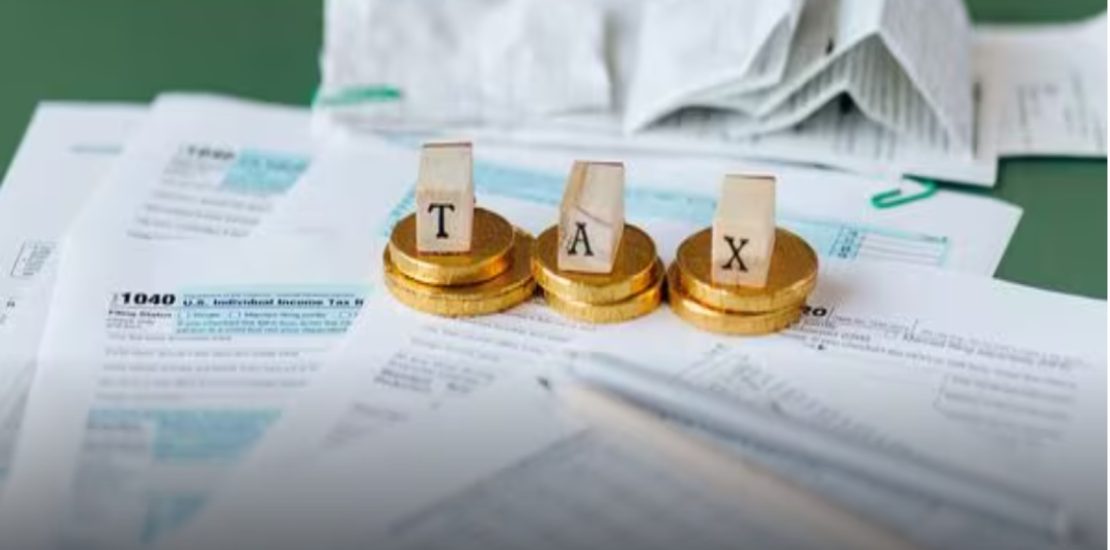
NEW DELHI : Citizens always eagerly wait for the budget in the hope of getting more tax benefits. While the clamour for tax deductions grows, one aspect that is worrisome is the retail participation in high-risk investments like derivatives, intraday trading and high-fixed-return schemes.
Driven by the stupendous performance and high taxation on regulated schemes, investors across age groups are investing in instruments that could carry much higher risk than they understand or can accept. Data from the National Stock Exchange of India Ltd (NSE) shows that 40% of the NSE’s 95 million registered investors are Gen Zs as of May 2024, compared to 22% in 2018-19. Further, premium turnover on index options has grown 426% in the last three years, compared to 30% growth in the cash turnover market.
High-fixed-return schemes like peer-to-peer (P2P) lending and low-rated bonds have traction among those looking for a regular return. Even unregulated schemes like managed farmlands, renewable asset leasing, gold savings schemes, invoice discounting, fractional property etc. are finding favour with ordinary investors as they promise high returns. Investors are simply unaware of these schemes’ structures or how they work. They still pour in money as they do not know how to weigh the risks with returns.
Also Read: Budget 2024: DPIIT recommends removal of Angel Tax
While regulators are making huge efforts to caution investors against dealing with unregulated entities, a few tax nudges can go a long way in getting investors to move in the right direction. This is even more essential now, as investor memory is short and most of the new investors have only seen rising markets. They do not really understand the downside of the high-risk strategies.
Indian citizens are allowed to invest in government bonds through the Reserve Bank of India’s (RBI’s) retail direct scheme. This provides a good option for citizens to lock in rates for 1-30 year periods. However, the uptake is low as the returns are fully taxable, and the platform is difficult to comprehend. In the past, bonds like deep-discount and tax-free infrastructure bonds have been popular with citizens. To encourage retail participation in long-term bonds and provide citizens with a viable option to invest for 1-40 years, the returns on certain sovereign bonds up to a limit can be made tax-free. Further, the government needs to make it easy to buy these bonds, like the sovereign gold bond scheme, to improve the adoption of government securities at a retail level.
Also Read: Income tax deadline looms: Know your ITR forms to avoid penalties
Planning for retirement is the top financial concern for all Indians, and the National Pension Scheme (NPS) is a great instrument that can be used to build the retirement corpus and post-retirement pension. However, discrepancies exist in tax benefits for the salaried and the self-employed. While the salaried get the benefit of a tax deduction on corporate contributions under Section 80 CCD(2) in the old and new tax regimes, the self-employed get deductions only under the old tax regime under Section 80CCD(1B). This is unfair to them. To balance this disparity, the contributions by individuals to the NPS under Section 80CCD(1B) should be allowed as a deduction in the new tax regime as well.
If planning for retirement corpus is burdensome, planning for post-retirement regular income is a bigger challenge. Retirees often fall prey to schemes from unregulated entities or invest in low-rated bonds, mainly driven by the need for a reasonable post-retirement income. The Senior Citizens Savings Scheme (SCSS) and the Post Office Monthly Income Scheme (POMIS) are two schemes widely used by retirees for regular income. The returns from these schemes can be made tax-free for senior citizens so that they can lead a better life and not have to take undue risks.
Also Read: Budget may hike tax on F&O trading. Here’s what it could mean
All these measures will help citizens have better personal finances over tax deductions (which, in most cases, get spent). The availability of government schemes like the NPS, SCSS, POMIS and government securities with additional tax benefits will nudge citizens to consider these regulated schemes over riskier/unregulated investments. This will also ensure household savings are not going into non-productive economic activity but nation-building.
